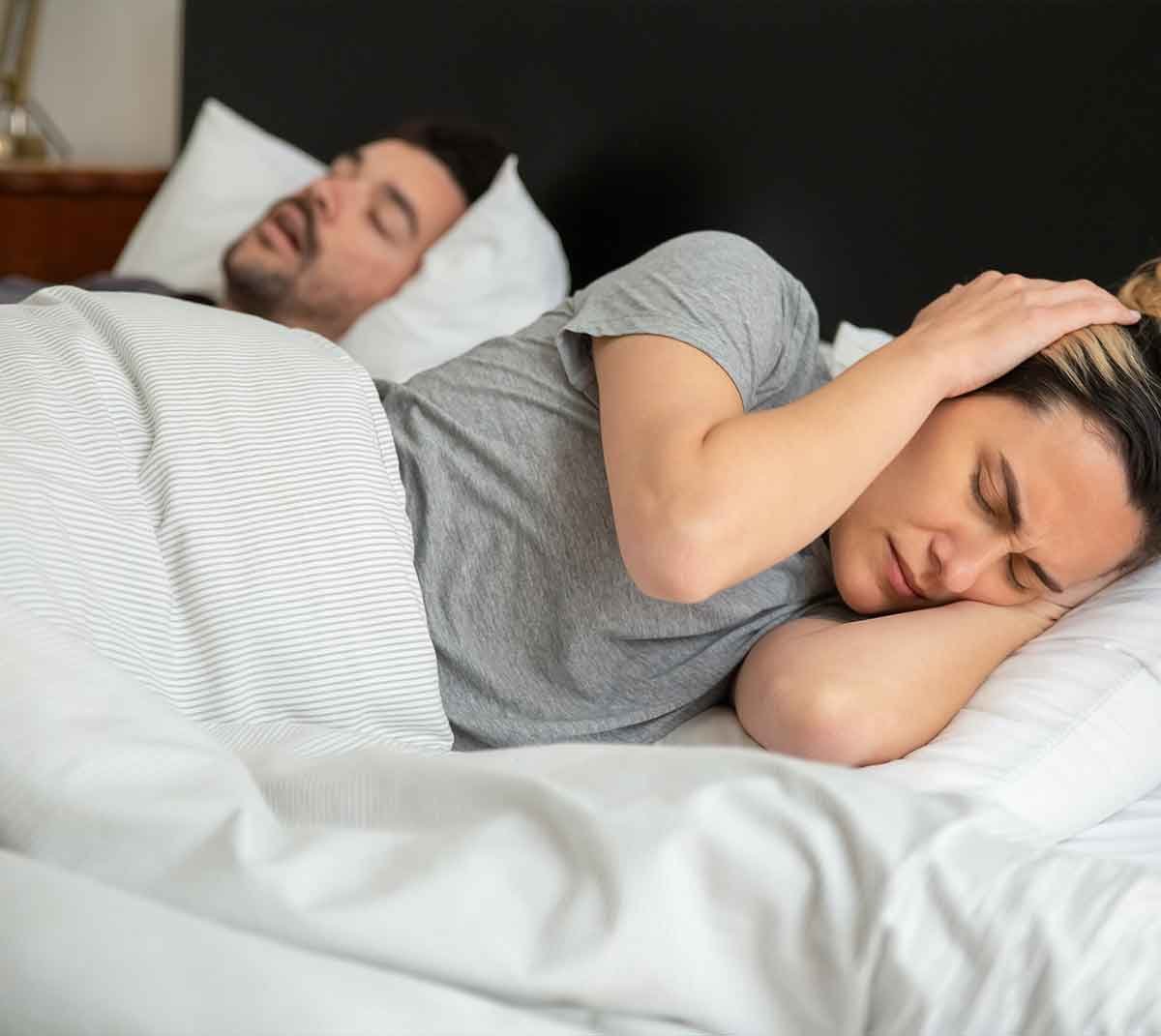General Dentistry
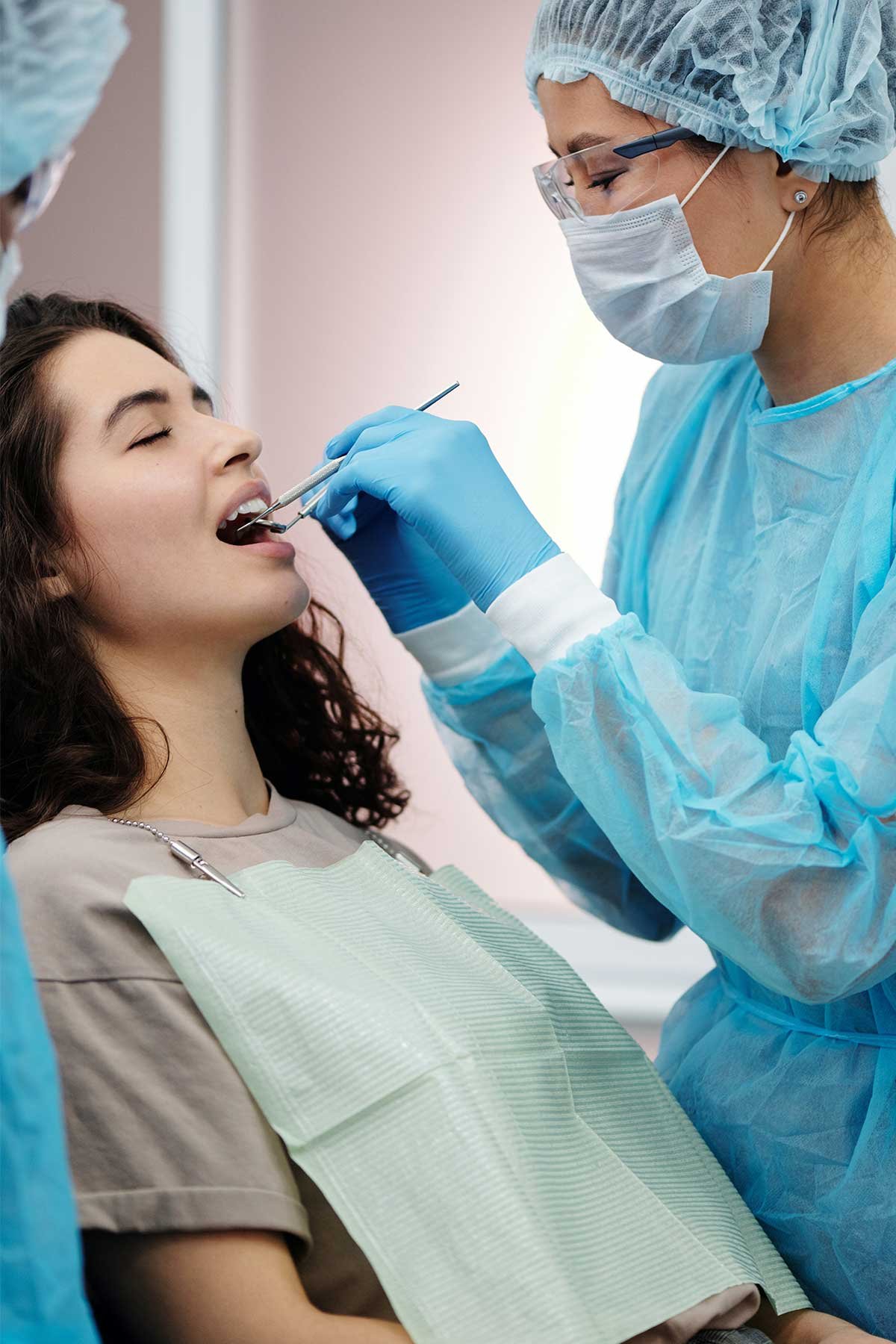
Comprehensive Dental Checkup
A standard dental check-up covers all the basics and checks the condition of your teeth and mouth. During a standard dental exam, the dentist uses a sickle probe and a mirror to look inside your mouth. Dentists can also use an electric rotating brush to remove tartar and plaque. A comprehensive dental examination looks much deeper and more detailed.
A comprehensive examination is done in detail in addition to the usual standard checks of regular dental examinations. Special notes include:
Tooth-by-tooth examination: More thorough than the standard dental examination, the tooth-by-tooth examination examines each tooth in detail. In addition to examining your teeth for discoloration and plaque, your dentist will also look for chips and minor damage. A dental check-up also includes checking the condition of existing fillings and other restorative work
Periodontal disease test: A test to check the color and hardness of the gums. Receding or bleeding gums are indicators of dental health. Gum disease can lead to tooth loss and contribute to other health conditions. Treating periodontal disease early can prevent problems before they occur, saving patients a lot of hassle.
Bite Assessment: Testing a patient’s bite can reveal the cause of tooth and gum pain. Discomfort when chewing can indicate toothache, gum disease, and other conditions. By assessing your bite, you can also identify slight misalignments between your teeth and jaw. Abnormalities of the temporomandibular joint can also be detected.
Dental X-Rays (Radiographs)
A dental radiograph (x-ray) is a picture of your teeth that your dentist uses to assess your oral health. These x-rays use low levels of radiation to take pictures of the inside of your teeth and gums. This helps dentists identify problems such as cavities, cavities, and impacted teeth.
What types of problems do X-rays help detect?
X-rays help your dentist diagnose problems in your teeth and jaws.
In adults, x-rays show:
- Tooth decay
- Especially small cavities between teeth.
- Caries under existing fillings.
- Loss of jawbone.
- Bone or root canal changes due to infection.
- Condition and position of teeth in preparation for dental implants, braces, dentures, or other dental procedures.
- Abscess (infection at the base of the tooth or between the gum and the tooth).
- Cysts and some tumors.
In children, x-rays can determine:
-
When corruption progresses.
-
When there is enough space in the mouth to accommodate all the new teeth.
-
When Wisdom Teeth Happen If the tooth is affected (cannot exit the gum).
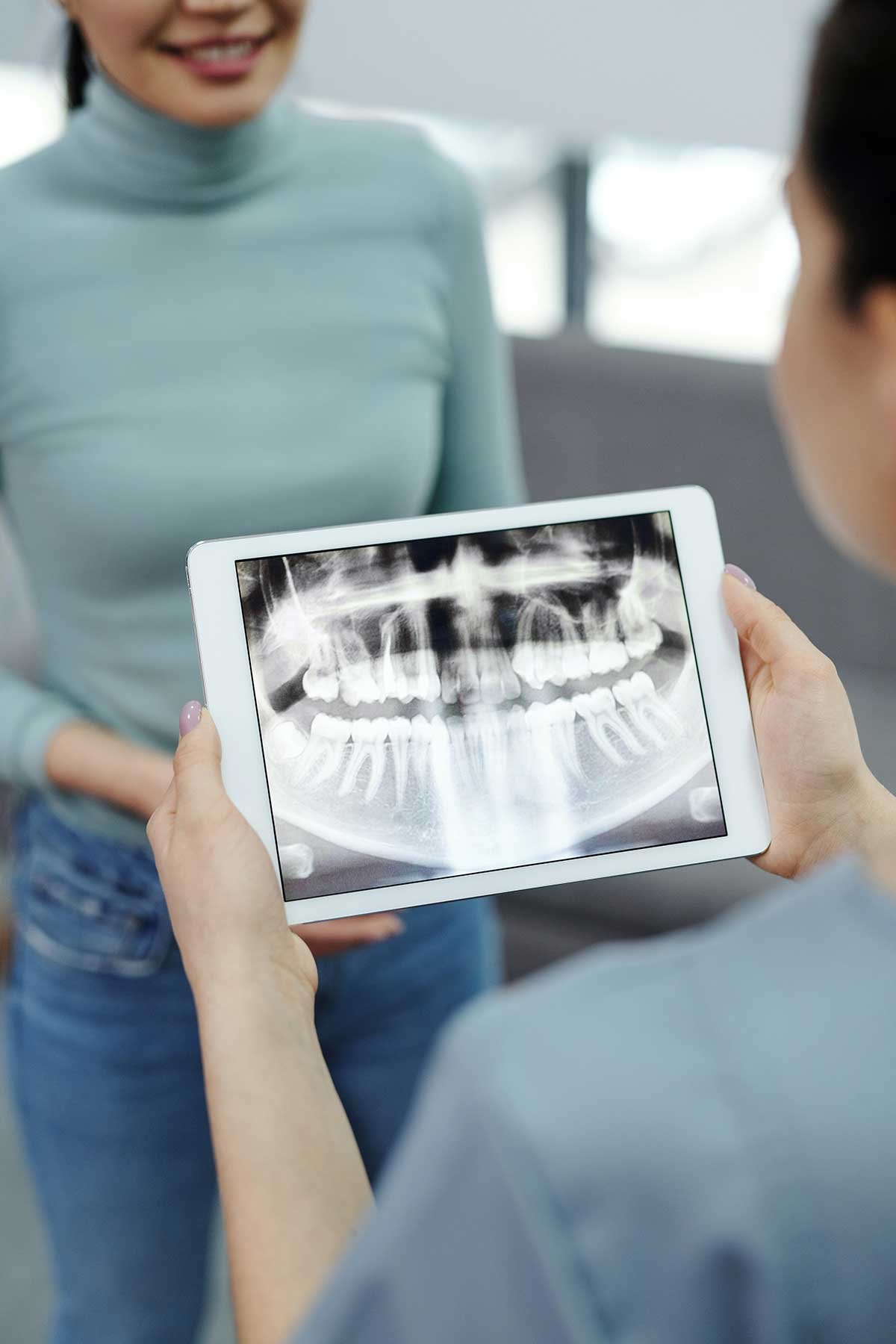
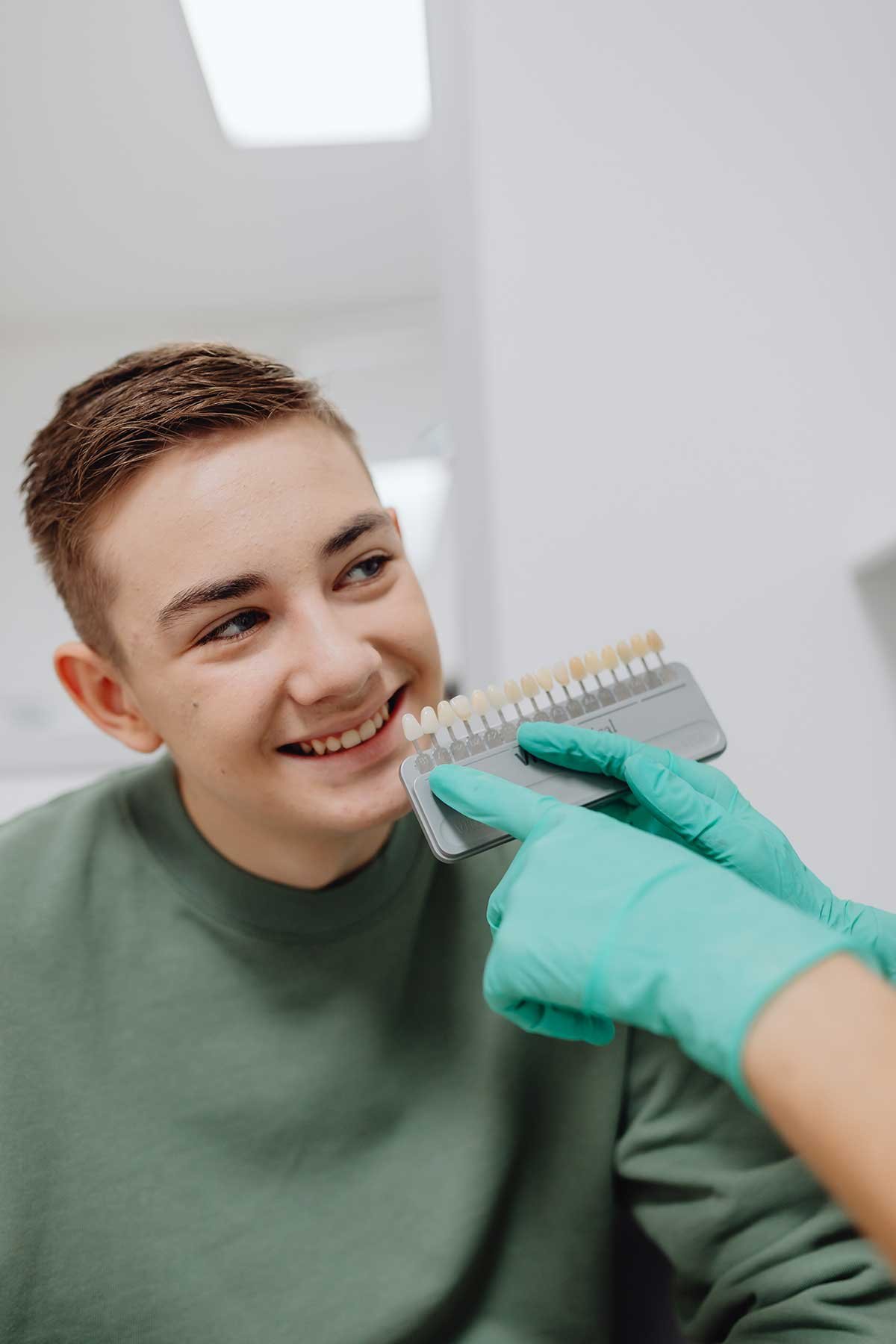
Tooth Coloured Dental Fillings
Tooth colored fillings are dental restorations and a revolutionary new version of old metal fillings.
Designed for a discreet, natural look, as it conforms well to teeth and looks more natural than darker, more noticeable amalgam fillings.
They are also called composite fillings because they are made of a composite resin material that can chemically bond to the tooth and can be used to fill and close cavities after the decayed portion of the tooth has been removed. Restoration of chipped or chipped teeth.
Types of fillings:
- Composite Fillings
- Amalgam Fillings
- Porcelain Fillings
- Fissure Seals
Benefits of tooth-colored fillings:
- Quick Treatment
- Aesthetically Appealing
- Long Lasting
- Leaves More Healthy Tooth Structure Intact
- Mercury-Free
Teeth Grinding (Bruxism)
People who grind their teeth often may have bruxism. This condition can cause jaw pain and dental problems. You may not realize that you are grinding your teeth while you sleep. If you have symptoms of teeth grinding, such as loose teeth, see your doctor. Treatment for bruxism is effective and may include an all-night bruxism.
Teeth grinding (Bruxism) can occur whether you are awake or asleep. Although the bruxism effect is the same, awake and sleep bruxism are considered two separate states.
Causes of teeth grinding:
- Stress and anxiety are the most common causes of teeth grinding
- Sleeping disorder.
- Smoking, consuming large amounts of alcohol or caffeine, and using drugs such as ecstasy and cocaine
- Taking certain medications, including a class of anti-anxiety drugs called selective serotonin reuptake inhibitors (SSRIs).
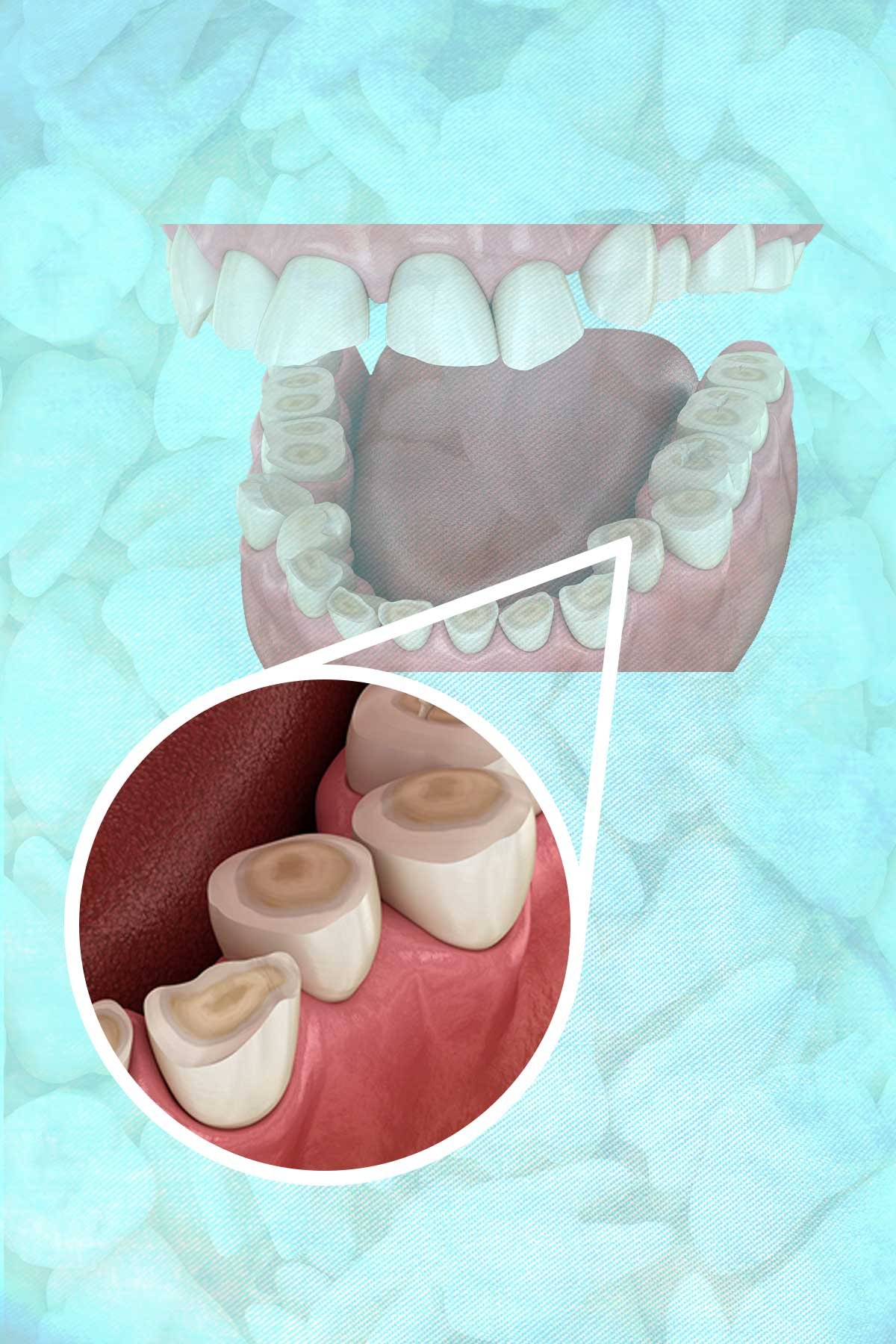
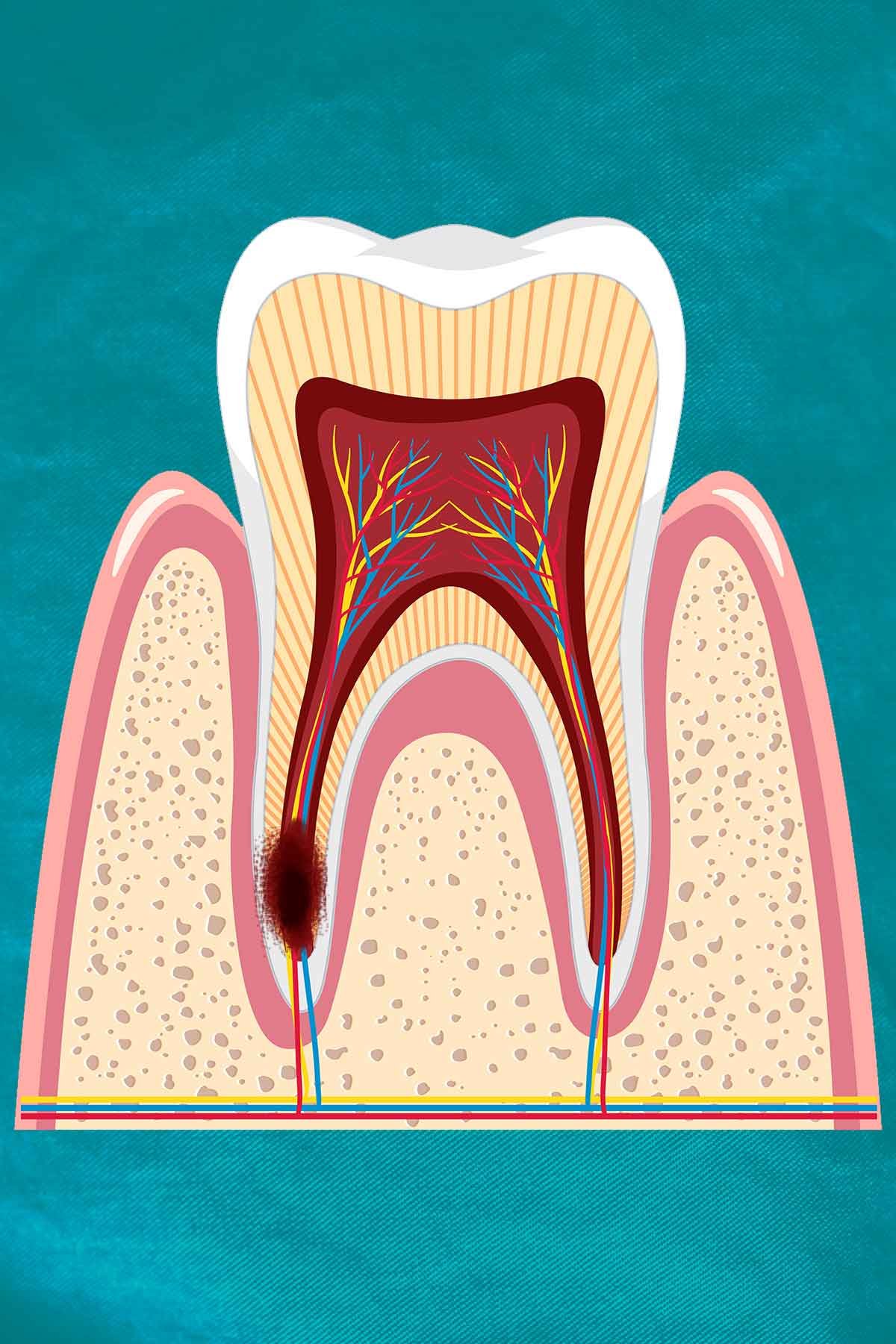
Root Canal Therapy (Endodontics)
A root canal (also known as an endodontic treatment) is a serious procedure, but one that specialists handle every day. Before engaging in any type of dental work, it’s important to know the facts about root canals.
Root canal therapy is a simple procedure to relieve tooth pain and save your tooth. Patients usually require root canal treatment when the root of the tooth is inflamed or infected. During root canal therapy, an endodontist who specializes in this treatment carefully removes the pulp inside the tooth, cleans, disinfects, shapes, and fills the root canal to seal the space.
There are some symptoms that indicate you may need root canal treatment:
- Severe pain when chewing or biting
- Pimples on the gums
- Chipped or broken teeth
- Sensitive to heat or cold even after numbness
- Swollen or Sensitive gums
- Deep Cavities or dark gums
Snoring and Sleep Apnoea
Sleep apnea is a serious sleep disorder in which breathing stops and resumes while you sleep. If left untreated, it can lead to loud snoring, daytime sleepiness, or more serious problems such as heart problems and high blood pressure.
Sleep apnea occurs primarily during sleep whose symptoms include:
- Hold your breath and start breathing
- Wheezing, sniffing, or making choking noises
- Wake up a lot
- Loud snoring
During the day, you may also:
- Feel very tired
- Find it hard to concentrate
- Have mood swings
- Have a headache when you wake up
People with sleep apnea tend to:
- Snore much louder than those with regular snoring
- Pause while they breathe (for over 10 seconds)
- Take shallow breaths, gasp, or choke
- Be restless
